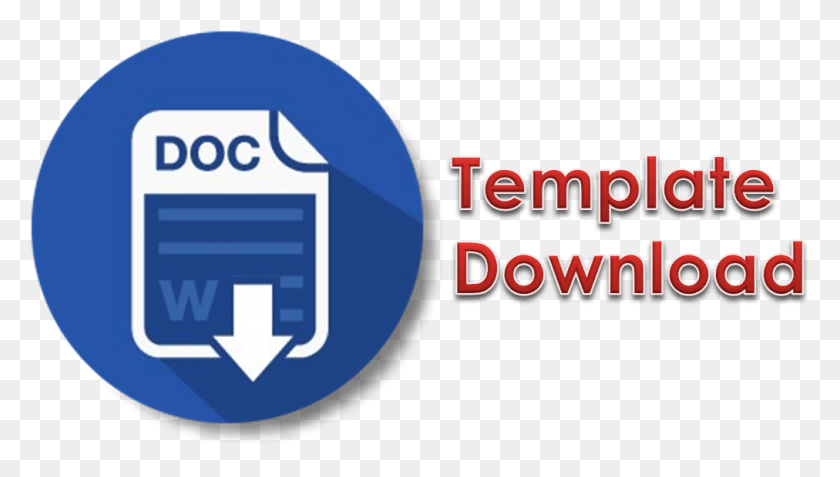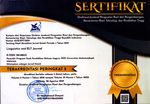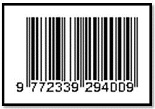The Phonological Acquisition of Children at Linguistic Period
Abstract
Keywords
Full Text:
PDFReferences
Brown, D. 2007. Principles of learning and teaching. New Jersey: Printice Hand Reagent
Bußmann. 2002. Dictionary of language and linguistics. London: Routledge
Chaer, Abdul. 2003. Psikolinguistik Kajian Teoretik. Jakarta: Rineka Cipta
Dardjowidjojo, S. 2012. Psikolinguistik: Pengantar pemahaman bahasa manusia. Jakarta Yayasan Obor Indonesia
Hamidi. 2004. Metode Penelitian Kualitatif. Malang: UMM Press.
Hickey, Raymond. 2003. A corpus of Irish English, in: Hickey, Raymond. Corpus Presenter. Processing software for language analysis. Amsterdam: John Benjamins.
McKinlay A. 2011. Longitudinal Research. In: Goldstein S., Naglieri J.A. (eds) Ency clopedia of Child Behavior and Development. Springer, Boston, MA. https://doi.org/10.1007/978-0-387-79061-9_1685
Mukalel, J. C.2003. Psychology of language learning. New Delhi: Discovery Publishing House
Rezeki, T. I. (2018). Kontekstual Code Switching Dalam Seminar Proposal Program Studi Pendidikan Bahasa Inggris. Jurnal Serunai Bahasa Inggris, 10(2), 1-7.
Rezeki, T. I., & Sagala, R. W. (2019). Pemerolehan Bahasa Anak Periode Linguistik. Jurnal Artikula, 2(2), 1-7.
Rezeki, T. I., & Sagala, R. W. (2020). Semantic Analysis of Language Acquisition in Three Years Old Child. Jurnal Serunai Bahasa Inggris, 12(2), 75-79.
Rezeki, T. I. (2021). Children’s Language Acquisition due to the Influence of Animation Film. English Teaching and Linguistics Journal, 2(1), 122-132.
Sagala, R. W., & Rezeki, T. I. (2018). Grammtical Code Switching in the English Department Proposal Seminar. Budapest International Research and Critics Institute-Journal (BIRCI-Journal)(1), 11-14.
Sagala, R. W. (2019). LANGUAGE ACQUISITION PADA ANAK PERIODE LINGUISTIK. Serunai: Jurnal Ilmiah Ilmu Pendidikan, 5(1), 84-89.
Schmidt, R. A., & Lee, T. D. 2005. Motor control and learning: A behavioural emphasis, 4th Ed. Champaign, IL: Human Kinetics.
Sugiyono. 2016. Metode Penelitian Pendidikan: Pendekatan Kuantitatif, Kualitatif, dan R&D. Bandung: Alfabeta
Yanti, Prima Gusti. 2016. Pemerolehan Bahasa Anak: Kajian Aspek Fonologi Pada Anak Usia 2 – 2.5 Tahun. Jurnal Ilmiah VISI PPTK PAUDNI - Vol. 11, No. 2, Desember 2016
DOI: https://doi.org/10.31764/leltj.v10i2.5620
Refbacks
- There are currently no refbacks.
Copyright (c) 2021 Linguistics and English Language Teaching Journal

This work is licensed under a Creative Commons Attribution-ShareAlike 4.0 International License.
_____________________________________________________
Linguistics and ELT Journal
p-ISSN 2339-2940 | e-ISSN 2614-8633

LELTJ is licensed under a Creative Commons Attribution-ShareAlike 4.0 International License.
_____________________________________________________
LELTJ is abstracting & indexing in the following databases:
_____________________________________________________
LELTJ Editorial Office:













